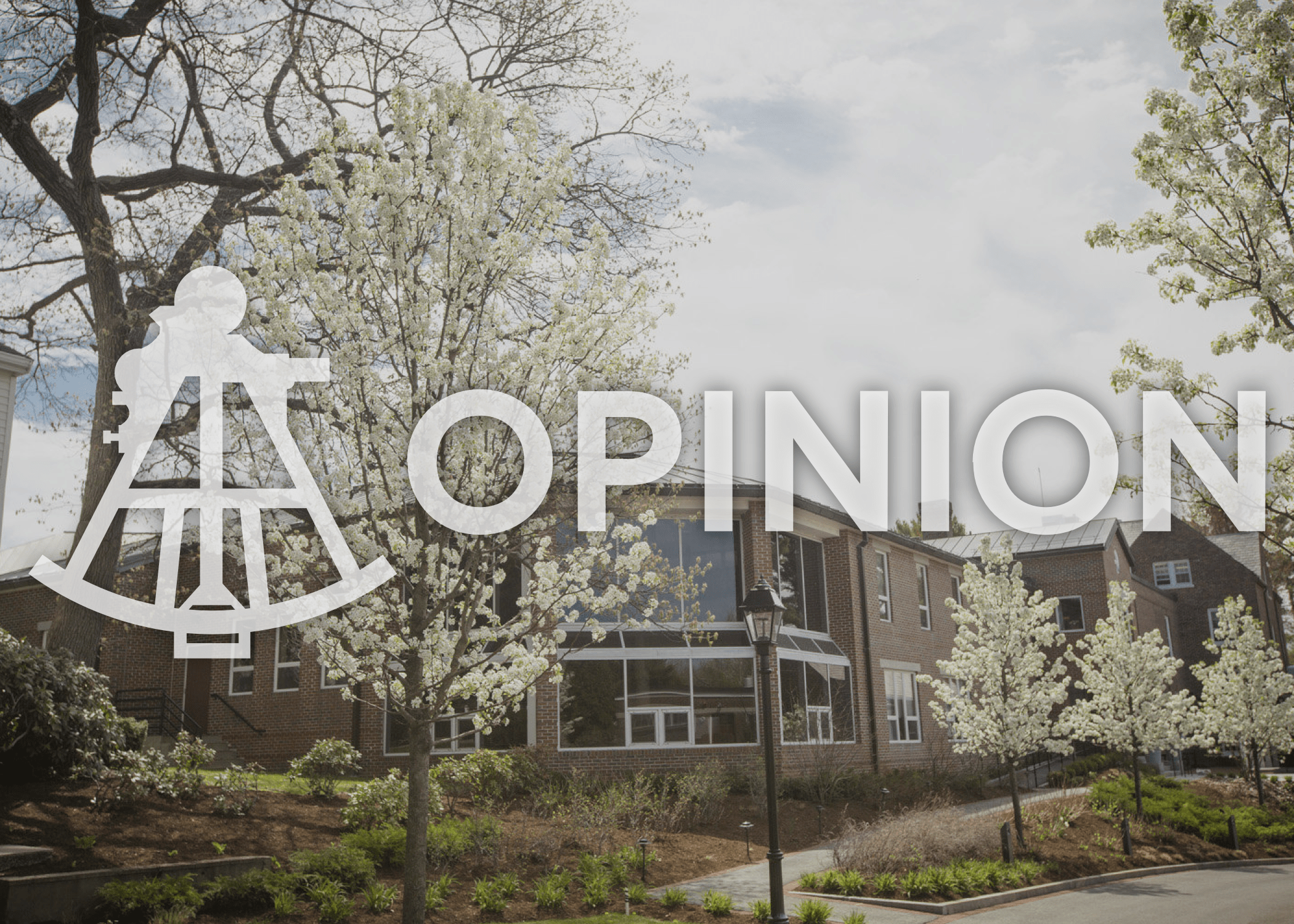We have all seen the horrific scenes from the California fires and wondered what could have been done to avoid the loss of approximately 100 lives, 2 million acres of land, and property damage of 3.5 billion dollars. We perhaps think that governments should do more – that the primary role of government is to keep its people safe from just such events. A little research quickly reveals the basic conundrum facing us all, not just governments, when dealing with uncertainty. Should we only act on definitive information? Should we act in a partial, probability-weighted manner? It is debated that climate change or something else — construction near high-risk zones, forest management, etc.– are considered mostly to blame for the fires. If you lived in California, you might be forgiven for thinking “I don’t care which it is, why can’t we behave as if it is all of the above instead of behaving as if it is none of the above”? And yet government routinely chooses to do nothing as if overwhelmed by fear of being proved wrong.
A seventeenth-century French philosopher named Blaise Pascal discussed the uncertainty of the existence of god arguing that you should live your life as though you believed in god because if you turn out to be wrong, the cost is fairly small. The cost of believing in God is perhaps the loss of hedonistic pleasures. Alternatively, to live your life not believing in God, only to discover that He or She exists may expose you to eternal damnation – a heavy price to pay! “Pascal’s Wager,” as it became known in the 17th century, has illuminated game and decision theory but not apparently the empty heads of our fearless leaders, who appear to be waiting on the sidelines for the climate to demonstrate beyond doubt that the end of civilization is imminent.
The costs of climate change are undeniably high. If climate change scientists are correct and the world warms by 4°C, it will cause widespread famine, property damage, social unrest, and possibly the eradication of the human race. McKinsey & Company, a highly respected consulting firm, offers a Pascal-type wager, proposing that if we spend just 1-2% of GDP on renewables like solar farms and wind turbines we can curb climate change. If, alternatively, it turns out that the planet cools naturally — that global warming was just part of a 1,000-year cycle — we will have inflicted a certain amount of financial hardship to ward off a nonexistent catastrophe .
We can only hope that there is still time for our generation to apply Pascal’s work to matters as significant as climate change and forestry management, for the cost of being wrong and inactive is growing.





